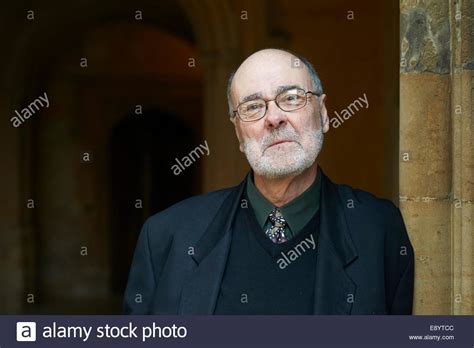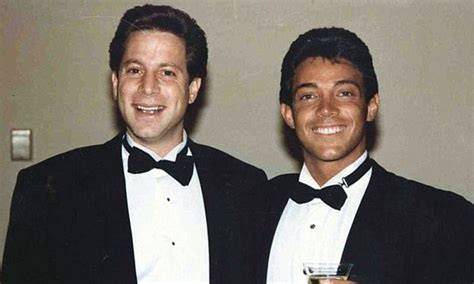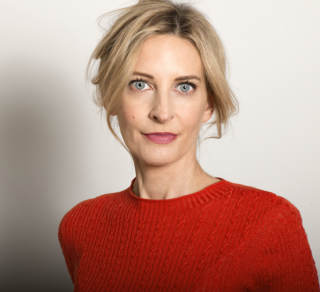A Quote by Saul Alinsky
An organizer working in and for an open society is in an ideological dilemma to begin with, he does not have a fixed truth - truth to him is relative and changing; everything to him is relative and changing.... To the extent that he is free from the shackles of dogma, he can respond to the realities of the widely different situations.
Related Quotes
He had two lives: one, open, seen and known by all who cared to know, full of relative truth and of relative falsehood, exactly like the lives of his friends and acquaintances; and another life running its course in secret. And through some strange, perhaps accidental, conjunction of circumstances, everything that was essential, of interest and of value to him, everything in which he was sincere and did not deceive himself, everything that made the kernel of his life, was hidden from other people.
That's why we trust the Bible - it speaks to both realities: the unchanging human condition and the constantly changing cultural conditions. It speaks to all generations. We trust the Bible because it's the truth. It was the truth when it was written, and it is the truth now. It's the truth now because it's living truth.
Honesty is not the same as truth. That is the obstacle of the notion of relative truths. I would like to put my trust in the lunatic. He is the one least concerned of what I think of him, the mark of an honest man. I can always depend on him to be completely honest in what he thinks and feels, about anything, no matter the consequences laid before him, however with no course of rationale, I cannot necessarily take his word for even the well-being of him in his own reality.






































